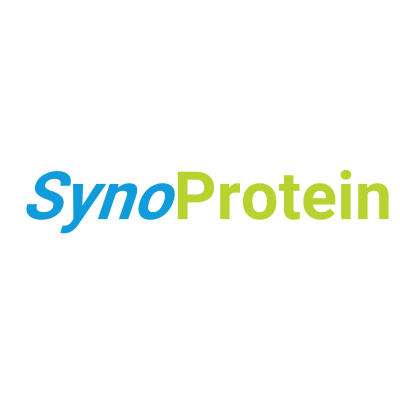
SynoProtein
Carbon capture from syngas to Single Cell Protein (SCP) and use as fish feed ingredient

Carbon capture from syngas to Single Cell Protein (SCP) and use as fish feed ingredient
SynoProtein aims to develop and demonstrate a carbon-negative process that converts residues from sawmills into single-cell proteins for fish feed, as well as producing biochar for animal feed. Furthermore, for every dry tonne of sawmill by-product that it processes, the system can capture the equivalent of 1.97 tonnes of CO2.
By transforming low-value by-products into high-value bio-products, SynoProtein will provide a sustainable alternative protein source to soybean, cultivation of which is energy and climate intensive, and wild fish protein, resources of which are limited. It will thus help to meet future protein demand, while addressing negative environmental impacts of and adding value to of sawmill residue management and aquaculture.
The primary objective of SynoProtein is to demonstrate the recycling of sawmill by-products at pilot scale with a production capacity of 5 kg a day for both single-cell proteins and biochar. To achieve this, the project aims to:
develop a zero-emission process integrating thermochemical (pyrolysis) and biological (fermentation) steps;
scale up single-cell protein production to pilot scale;
investigate the suitability of the single-cell proteins and biochar for aquaculture and agriculture feed;
quantify carbon storage and use, assess environmental impacts and analyse the life cycle for the entire value chain – from forestry to feed production;
disseminate results to stakeholders, raise public awareness and develop a business plan for market entry.
SynoProtein is expected to lead to a number of impacts.
It will increase the carbon-removal potential of bio-based systems, with annual carbon capture from its processes expected to reach 200 000 tonnes of CO2 by 2033. Also by 2033, deployment of the SynoProtein system could prevent nearly 460 000 tonnes of CO2 emissions compared with fish feed production from soybeans.
It will improve the environmental performance of bio-based processes through avoidance of the emission of hazardous substances. Moreover, compared with fish feed production from soybeans, implementation of the system would free up 147 km² of land and save 630 700 m³ of water by 2033.
Unlike conventional conversion processes for sawmill residue, such as paper production or heat generation, it will create unseen value in a way that is carbon negative. Each year, the system could recover 160 000 tonnes of forestry residue and produce 120 000 tonnes of fish and animal feed, the value of which is estimated at €175 million.
The project’s climate and economic added value will be shared with stakeholders to increase acceptance and uptake of the solutions. The process can halve production and sales prices for single-cell proteins, leading to savings of €129.6 million by 2033, as well as creating 260 jobs and reducing Europe’s reliance on feed imports.